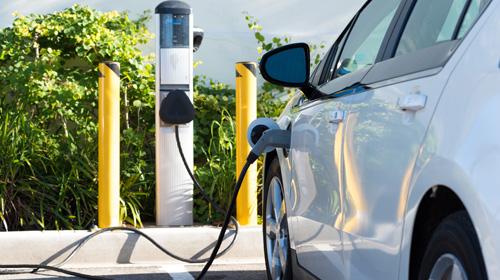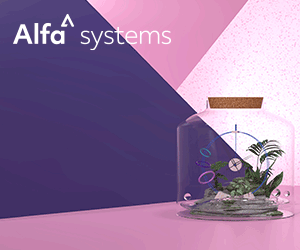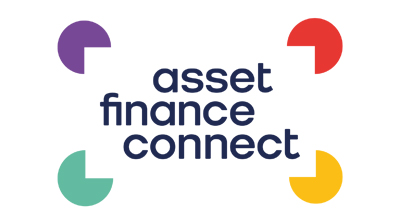And the manufacturers are looking to make the most of the potential through joint ventures and strategic partnerships. One recent development was confirmed by Volvo Trucks, which announced the completion of its acquisition of 45% of Chinese automotive manufacturer Dongfeng Commercial Vehicles Co (DCVC) – in a neat reversal of the 2010 acquisition of Volvo Cars by China’s Geely.
Volvo's president and CEO, Olof Persson (pictured above), commented: “This strategic alliance is a real milestone and entails a fundamental change in the Volvo Group’s opportunities in the Chinese truck market, which is the largest in the world.” He also noted that such alliances have benefits both ways, adding: “At the same time, it will provide us with the opportunity to become involved in growing DFCV’s international business in a manner that will benefit us and our Chinese partner.”
Private car leasing
Private car leasing is growing in popularity in the Nordics as recent figures show. According to Swedish broadcaster Sveriges Radio, total new car sales increased 14% in March 2015 compared with the same period a year earlier, while the number of private leases rose 40%, continuing their rapid growth of recent years.
For the Volkswagen Group, the share of its models sold in Sweden through private leases doubled from 12% of sales to private individuals in 2012 to 24% in 2014. A greater volume of smaller cars are bought by private leases, with larger models being purchased by fleets.
Growth of the alternatively fuelled vehicle market in Norway

Interest in alternatively fuelled vehicles is increasing globally, notably in Norway, which continues to lead the electric vehicle/plug-in hybrid vehicle (EV/PHEV) market, according to recent analysis by global researcher IHS Automotive.
In the first quarter of 2015, Norway ranked first on the new IHS Automotive Plug-in Electric Vehicle Index, which ranks the market share of EV and PHEV registrations in a given quarter for eight countries. Norway led the list, followed by the Netherlands, UK, USA, France, Germany, Japan and China.
With new registrations of alternatively fuelled vehicles totalling just over 8,000 units in the first quarter, Norway headed the rankings with EV/PHEVs representing an impressive 33% of new vehicle registrations during the period, representing a 41% increase in volume compared with Q1 2014.
No import taxes on EVs, among other incentives, have made these vehicles a viable alternative to internal combustion engine (ICE) vehicles in Norway.
Baltic auto update

In Estonia, and across the Baltic States, the trend in passenger car leasing is towards environmentally friendly vehicles. Statistics from SEB Liising show that, in the first quarter of 2015, over 45% of all new cars leased by private customers were eco-friendly, with carbon emissions not exceeding 130g/km.
In 2013, ‘green’ lease agreements accounted for 20% of new car purchases, and this figure doubled in 2014, with a trend similar to last year’s continuing this year.
“When choosing a new car for their family or company, clients are increasingly opting for environmentally friendlier vehicles,” commented Ainar Leppänen, head of SEB Liising. “The positive thing is that the range and number of offers for such cars have increased significantly in recent years.”
He noted that more attractive financing terms are now available for green cars, and added: “Today, you are no longer limited to choosing environmentally friendly cars just from small cars; also on offer are several green and efficient family cars that provide savings in terms of fuel consumption.”
Meanwhile, further analysis by SEB Liising reveals that in 2014, women made up 35% of the car lessees, and that their age profile is coming down.
Ainar Leppänen commented: “Women are becoming more active in taking out car leases and now they make up more than a third in the SEB Liising portfolio. Younger and younger women are signing contracts, and the average age – 40.6 years – is almost equivalent to that of men (40.2 years).”








